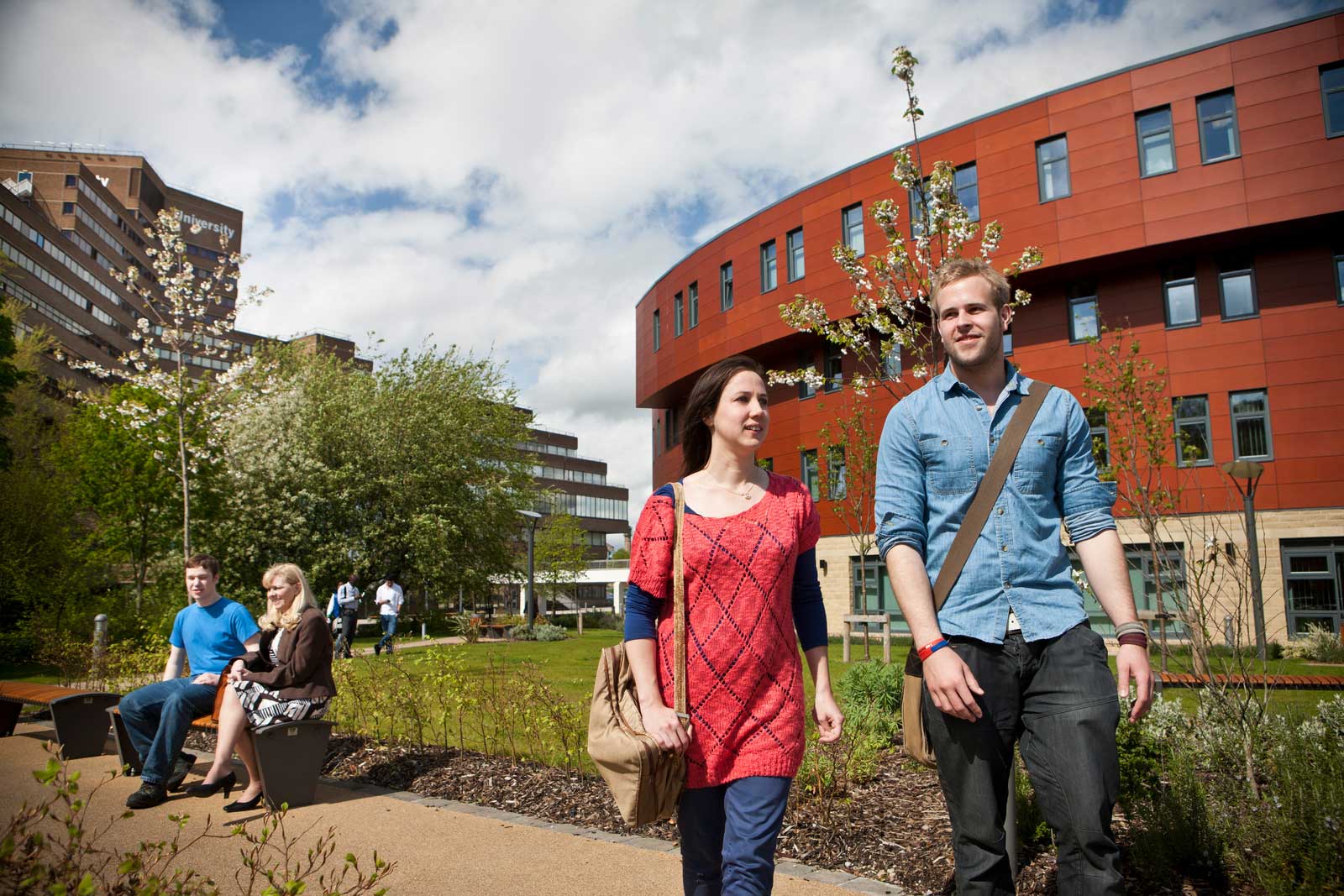
Physical Activity
Benefits of being physically active
Whatever your age, there's strong scientific evidence that being physically active can help you lead a healthier and happier life. People who exercise regularly have a lower risk of developing many long-term (chronic) conditions, such as heart disease, type 2 diabetes, stroke, and some cancers. Research shows that physical activity can also boost self-esteem, mood, sleep quality and energy, as well as reducing your risk of stress, depression, dementia and Alzheimer's disease.
Recommended levels of physical activity
To stay healthy, adults should try to be active every day and aim to achieve at least two and a half hours of physical activity over a week through a variety of activities. For most people, the easiest way to get moving is to make activity part of everyday life, like walking or cycling instead of using the car to get around. However, also taking part in activities such as sports and exercise will help you reap the benefits of being active even more.

Types of Exercise
Physical activity refers to all movement. Popular ways to be active include walking, cycling, sports, active recreation and play, and can be done at any level of skill and for enjoyment by everybody. So you don’t have to go to the gym to be physically active, unless that is your thing. Your exercise could be as simple as dancing to your favourite music, or throwing a frisbee around with the kids. Finding a type of movement you enjoy means you are more likely to stick to it and reap the benefits.
NHS physical activity guidelines
Physical Activity at the University
We have excellent sports and exercise facilities here at the university. Active Hud here on campus have a fully equipped gym and hold a variety of exercise classes including Les Mills classes, step, yoga and pilates.
The Sustainability team also provide opportunities to be active on campus, including allotment groups and green walks. Have a look at their web pages for more information!
Maintaining a healthy relationship with exercise
Remember, exercise is a great form of self-care that should be enjoyable. It shouldn’t be thought of as a punishment or a way to ‘earn’ the food that you eat. If you are worried about your relationship with exercise, you can contact the Staff Wellbeing Confidential Support Service. You can also contact the eating disorder charity BEAT who can provide specific support if you are struggling with your relationship with eating and/or exercise.
Staying active in the workplace
Most of us know that being active is good for our health. But more evidence is emerging that even if you exercise regularly, spending a lot of time sitting down can still be bad for you. People who spend long periods of time sitting have been found to have higher rates of diabetes, cardiovascular disease and death from all causes. If your job is desk based, it can be difficult to avoid this, but there are ways to help us keep active in the workplace (see the resources below).
Sit less with Get Britain Standing
Westfield Health resources - posters to encourage moving more at work